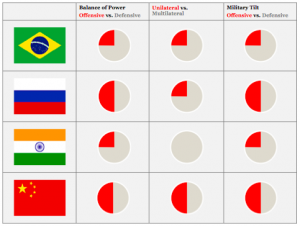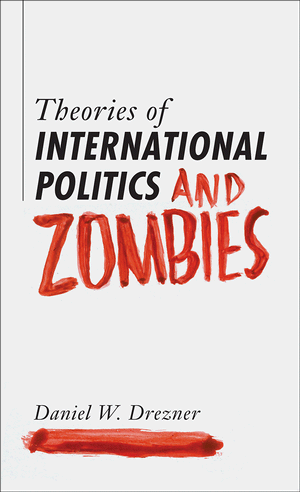
“Of course, the idea that one man armed with a budget speech can alter the path of a $2 trillion economy is ridiculous.”
— “India’s Budget: Once in a Lifetime”, The Economist.
Growing up, I would always know when it was budget time because I would see my father crouched in front of the TV (watching it live, no less) with a notebook and a calculator in hand. As a banker, he had a keen interest on what the budget meant, both for his profession and for his own personal finances. More importantly, he belonged to a generation of people who actually cared about the country and looked at the substance of politics, not the rhetoric. And you knew it was important because there would be utter silence in the house for the entire duration, and even the electricity board knew better than to interrupt the budget broadcast with power-cuts.
So, compared to the consensus-esque decision making process that exists in the U.S., I’ve always wondered about the effectiveness of a one-man army to set the economy right.
But that is not to say it hasn’t happened — the current Prime Minister of India, Manmohan Singh, is a living cliche of the fact that power corrupts and that absolute power corrupts absolutely. But in a past life, Singh was the Governor of the Reserve Bank of India who went on to become the Finance Minister of India. Armed with a Ph.D. in Economics from Oxford, Singh was single-handedly responsible for liberalizing the Indian economy, despite opposition to his policies from a very socialist India of that time. He opened up the markets, and that brought in a glut of foreign investment that brought India to limelight on the global stage.
However, Singh is an exception, not the rule. He had the blessing of the then-Prime Minister, P.V. Narasimha Rao, who for all his faults, was a patriot. In contrast, Palaniappan Chidambaram, is stuck between a rock and a hard place. While I would question Chidambaram’s own willingness to do the hard thing, this is exacerbated by the fact that the ruling coalition is more interested in splurging for the vote banks than in true fiscal discipline. And taxes? Forget about it. Only 2.5% of Indians pay taxes, given the arcane tax structure and a culture that is used to dealing in cash (makes bribes easier, you see).
The controversial Indian politician and former Harvard Professor Subramanian Swamy stated that Chidambaram, with his MBA from Harvard Business School, is essentially a businessman and not an economist. This distinction is important because businessmen understand and deal in transactions with an eye on the bottom line while economists are more interested in statistics and long-term planning. Chidambaram’s actions in dealing with the Indian economy make this evident: he’s more interested in political compromise and equivocality than in true action. His actions signify a level of myopia that is at-once appalling and mind-boggling, given what’s at stake. I only hope that come budget time, that changes.





